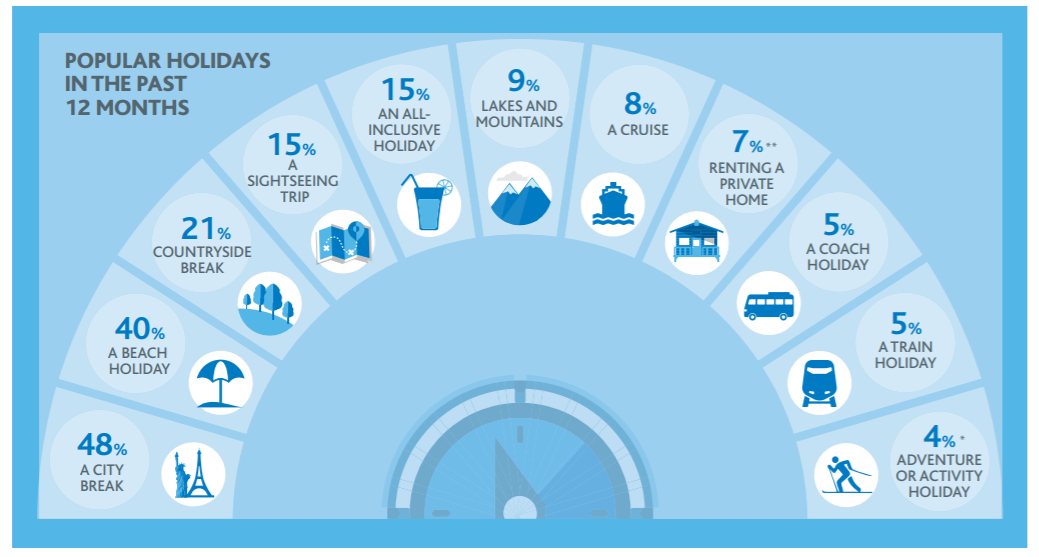
By Dr Amir Qamar, Department of Strategy and International Business, University of Birmingham
Founded in 1841, Thomas Cook has come a long way, having grown its employee base to over 20,000 people and serving around 19 million holidaymakers every year.
This week, the travel company was unable to secure funding and announced a $1.5bn loss, leading to its collapse. Could a £200m lifeline really have helped to save the business? Most likely not, as any investment would have probably been absorbed in just a couple of days. So what exactly went wrong for this iconic British travel company?
Thomas Cook’s problems go back to 2007 and its infamous merger with MyTravel. Yielding an impressive £75m every year in cost savings, the merger was said to create a European giant amongst the holiday market. However, Thomas Cook was actually merging with a business that rarely made profits and burdened the newly-found organisation with massive debts. Over the last eight years, Thomas Cook has spent a whopping £1.2bn in interest. This means that over 25% of revenue generated from the 11 million holidays sold in this period went to lenders.
The demise of Thomas Cook is not because people have stopped taking holidays, but because booking habits and the types of holidays that people want have simply changed. Figure 1 shows that more people who are booking holidays are now choosing (short) city breaks over beach holidays. Moreover, more people prefer to go on countryside breaks and sightseeing trips as opposed to typical all-inclusive packages, which were Thomas Cook’s speciality.
Figure 1: Popular Holidays in the Past 12 Months
 Source: Abta (2018) holiday habits report 2018 – Abta
Source: Abta (2018) holiday habits report 2018 – Abta
Changes in consumer demand also reflect the way in which holidaymakers book their travels. The rise of the internet has resulted in people preferring to book their holidays online rather than through travel agencies. Cheap airlines have usually benefitted from this in contrast to firms specialising in package holidays, as they are unable to compete with low prices due to being tied to expensive high street chains. This was also the case for Thomas Cook, who owned nearly 600 high street outlets. Research has found that less than 15% of people use a high street travel agency to book their holidays, and those who do are usually of older age or are from a demographic with little money to spend.
Mother Nature also has a part to play in Thomas Cook’s demise. The 2018 summer heatwave in Europe (and the UK) decreased the demand for holidays quite sharply over the summer period as people deferred their holidays to enjoy the weather at home. In addition, holidaymakers postponed their travel plans this summer due to the worsening uncertainty around Brexit, which has weakened the exchange rate value of the sterling.
Overall, coupled with high debt and the uncertainty around the UK’s relationship with the EU, the failure to understand and respond to how the market has changed has inevitably led to the collapse of Thomas Cook, much like the demise of many other British retailers.
References:
- https://www.bbc.co.uk/news/business-46452374
- https://www.theguardian.com/business/2019/sep/23/thomas-cook-as-the-world-turned-the-sun-ceased-to-shine-on-venerable-tour-operator
- holiday habits report 2018 – Abta
